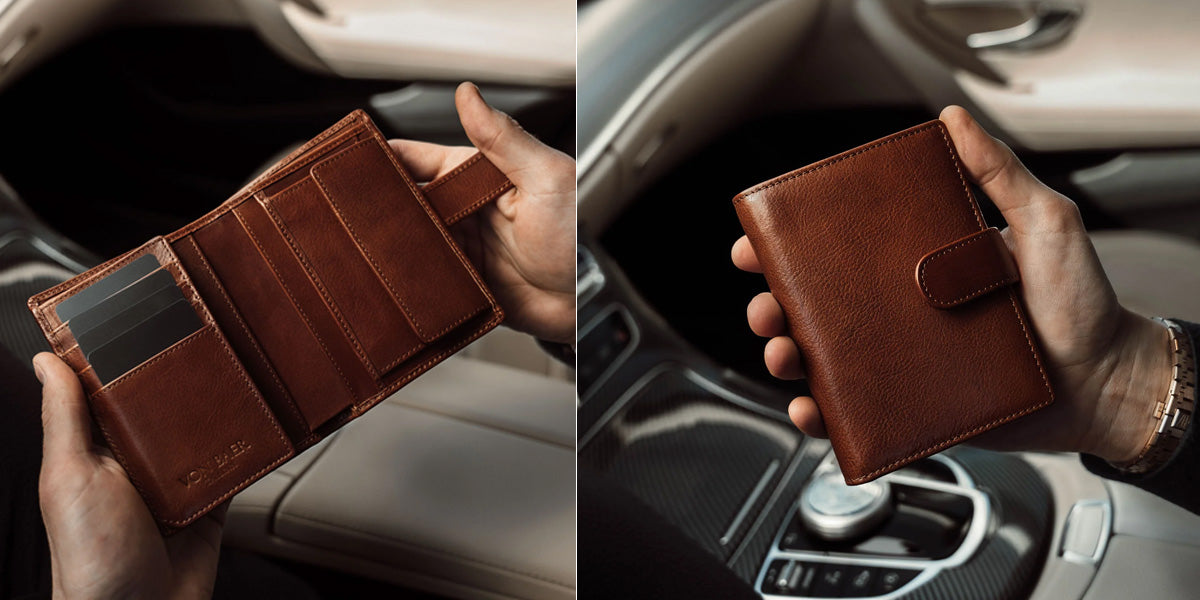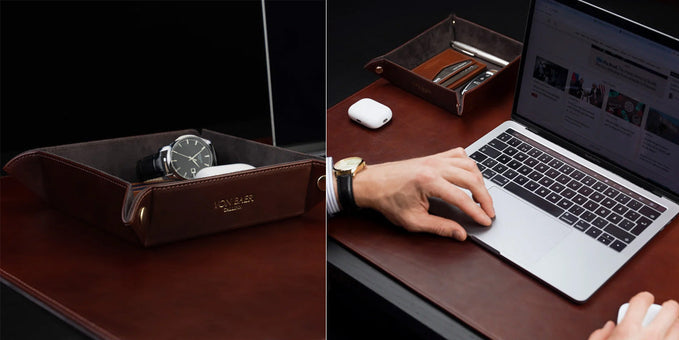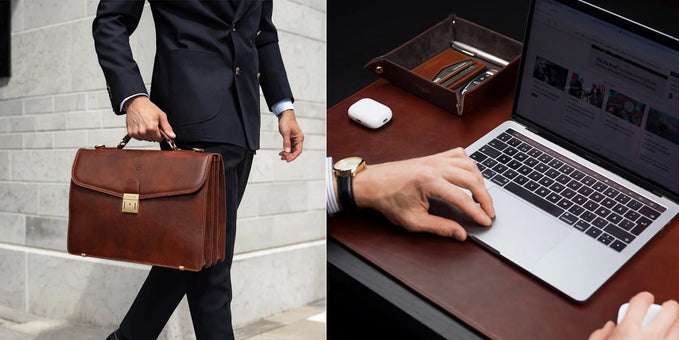What Not To Keep In Your Wallet

Your wallet holds more than cards and cash—it’s your personal hub for essential information and financial assets.
Without thoughtful curation, it can also become a liability, exposing sensitive information in case of loss or theft.
Here’s a guide to keeping what you carry lean, safe, and effective.
1. Social Security Card: A High-Risk Liability

Your Social Security card is an essential document that is tied to your identity.
The card gives you vital access to your tax information, credit accounts, and medical records.
If you lose your wallet and it has this card inside, you may be at serious risk of identity fraud.
You could lose thousands of dollars and may need to spend months dealing with legal problems, credit monitoring, and disputes around false accounts.
- Best Practice: Memorize the number rather than carrying the physical card.
- Secure Alternatives: For frequent access like investments or paperwork, make use of encrypted storage solutions that have biometric locks to maintain security without compromising accessibility.
Making the effort to secure this information can vastly outweigh the risks of making it easy to access.
2. Limit Credit Cards to Reduce Financial Exposure
Although carrying several cards may help you feel more prepared, remember that each card can make you vulnerable if your wallet does fall into the wrong hands.
It can take a great deal of time to monitor for fraudulent activity and cancel various accounts.
Another problem with carrying a large number of cards is that it can encourage spontaneous and unnecessary spending, which can put you in a poor financial position.
- Stick to carrying your primary card for daily use and a backup for emergencies.
- Keep additional cards secure at home.
- If you use certain cards for specific purposes (e.g., business expenses or rewards), bring only what you need when it makes sense.
Fewer cards mean reduced risk and a quicker response if you lose your wallet. Set up transaction alerts for each card to monitor suspicious activity immediately.
You can further enhance security by using an RFID-protected wallet (learn more).
3. Carrying Cash: Maintain a Strategic Approach
Although cash is still useful in certain scenarios, there are risks beyond theft if you carry large amounts of it.
Electronic transactions are both secure and traceable, so you may be exposing yourself to losses with no option for recovering your funds if you rely too heavily on cash.
While cash remains useful for certain situations, carrying large amounts poses risks beyond theft.
In an environment where electronic transactions are traceable and secure, relying heavily on cash can expose you to losses with no way to recover funds.
- Smart Cash Management:
- Limit the amount to small sums for emergencies or minor purchases where apps or cash might not be accepted.
- Spread cash across different secure compartments or pockets when you're traveling or on business. This can minimize loss if theft occurs.
Using cash strategically minimizes risk and is aligned with modern and efficient financial habits.
Related: How Should You Carry Cash?
4. Remove Receipts and Papers to Keep Your Information Private

Receipts Can Reveal Sensitive Transaction Data
Receipts often contain transaction information that can be exploited if found by someone else.
Keeping too many in your wallet clutters it and can expose private data.
Instead:
- Digitize important receipts using a secure app that encrypts and organizes them.
- This lets you keep records without carrying sensitive documents.
- For essential paperwork, consider storing them in a dedicated folder instead of your wallet.
5. Spare Keys: Another Hidden Security Risk

Although carrying a spare key inside your wallet can seem practical, it can be a big risk if identifying information such as the details on your driving license is also available.
A lost wallet, which has both included inside it, can mean someone has instant access to your home or office, putting your safety and security in jeopardy.
- Invest in a smart lock system to facilitate remote access or biometric scanning.
- For physical backups, make use of a digital code lockbox or give a key to someone you trust.
When you take advantage of modern security solutions, this helps you both maintain control over access and protect your property.
Related: Where Should You Carry Your Wallet?
6. Passwords or PINs: Prioritize Your Digital Security
When you store your passwords or PINs inside your wallet, this can be a big security risk.
If these are stolen, someone could gain direct access to your personal or financial accounts.
Due to the sensitive nature of these codes, you should never store them inside locations as vulnerable as a wallet.
- Use a password manager that comes with multi-factor authentication (MFA), which generates and stores your complex passwords securely.
- Implement a biometric or physical security measure for your master key.
A secure digital tool will safeguard your accounts and keep the risk of theft to a minimum.
We compare digital alternatives in this blog post series:
7. Blank Checks: Upgrade Your Payment Methods

Blank checks can be a big financial liability when you carry them inside your wallet.
If they are stolen, unauthorized individuals can gain instant access to your funds.
It can be incredibly challenging to both trace and recover stolen funds. In a world where digital payment options give you superior security, it's no longer necessary for you to carry checks.
- Practical Steps:
- Keep your checks locked in a secure office location when you need them for business.
- Move to electronic transfers or mobile payments that have two-factor authentication for greater security.
Making use of secure digital methods will ensure that you stay ahead of potential threats that target traditional financial tools.
8. Avoid Storing Gift Cards You’re Not Using
Gift Cards Are Easy to Use—For Anyone
Gift cards might seem low-risk, but they represent real value and can be quickly redeemed by anyone.
Since they aren’t tied to an individual, a lost or stolen gift card can be easily used by someone else.
To protect the value of gift cards:
- Carry gift cards only when you plan to use them.
- Store others securely at home or in a digital app that can securely manage your card details. Digital storage ensures access without the physical vulnerability and is easy to keep track of what’s available.
Helpful Hint: Streamlining gift cards protects their value while keeping your wallet organized. Check for unused cards periodically to make the most of them.

Author: Igor Monte
Igor Monte is the co-founder of Von Baer. He's an expert in all things premium leather, from being an end-user right up to the design and manufacturing process. His inside knowledge will help you choose the best leather product for you.
We strive for the highest editorial standards, and to only publish accurate information on our website.
Leave a Comment
Your email address will not be published.








